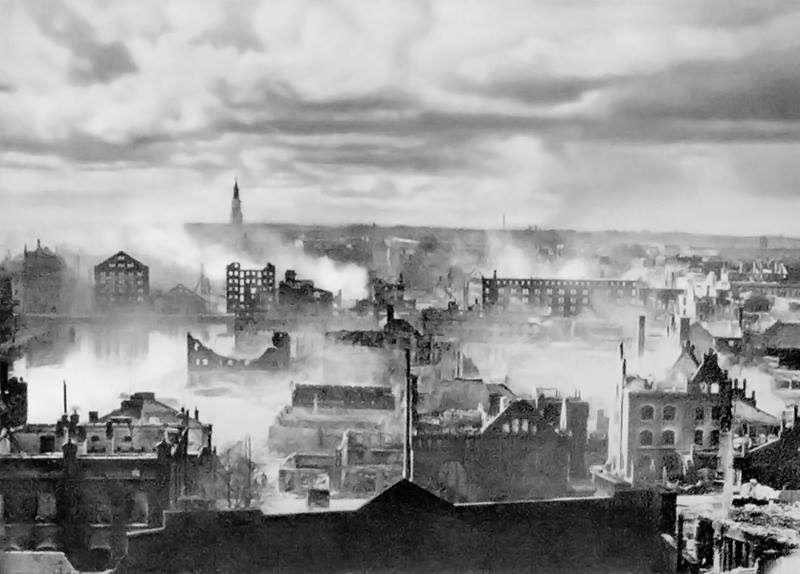This suspicion arose in April 1944 among the Supreme command of the German Air Force: the enemy obviously spared the hydrotreating and oil refining plants in order to not deprive Germany possibilities to continue the war against Russia, since the exhaustion of German and Soviet forces was in its interests. The Reich’s Minister of Armaments of that time Albert Speer also considered that western allies pursued this aim. After war, being in captivity, he said: “We had the impression, and I often spoke about it to my people, that they (western allies) so slowed down the rate of destruction of Germany that it had coincided with their advance and plans for an offensive, i.e., so that our resistance in the East remained until they advanced to their positions in the West… It seemed to me that it was also important for them that in the event of our sudden collapse, the Russians with their advance squads of tank units didn’t advance to the extremely important area on the Rhine”.
Of note is that the German subsidiaries of Yankee corporations went untouched during the Allies’ systematic bombings. So in all likelihood, this negligence had two purposes: leave Anglo–American assets unharmed, and keep the western Axis in good shape for destroying the Soviets.


